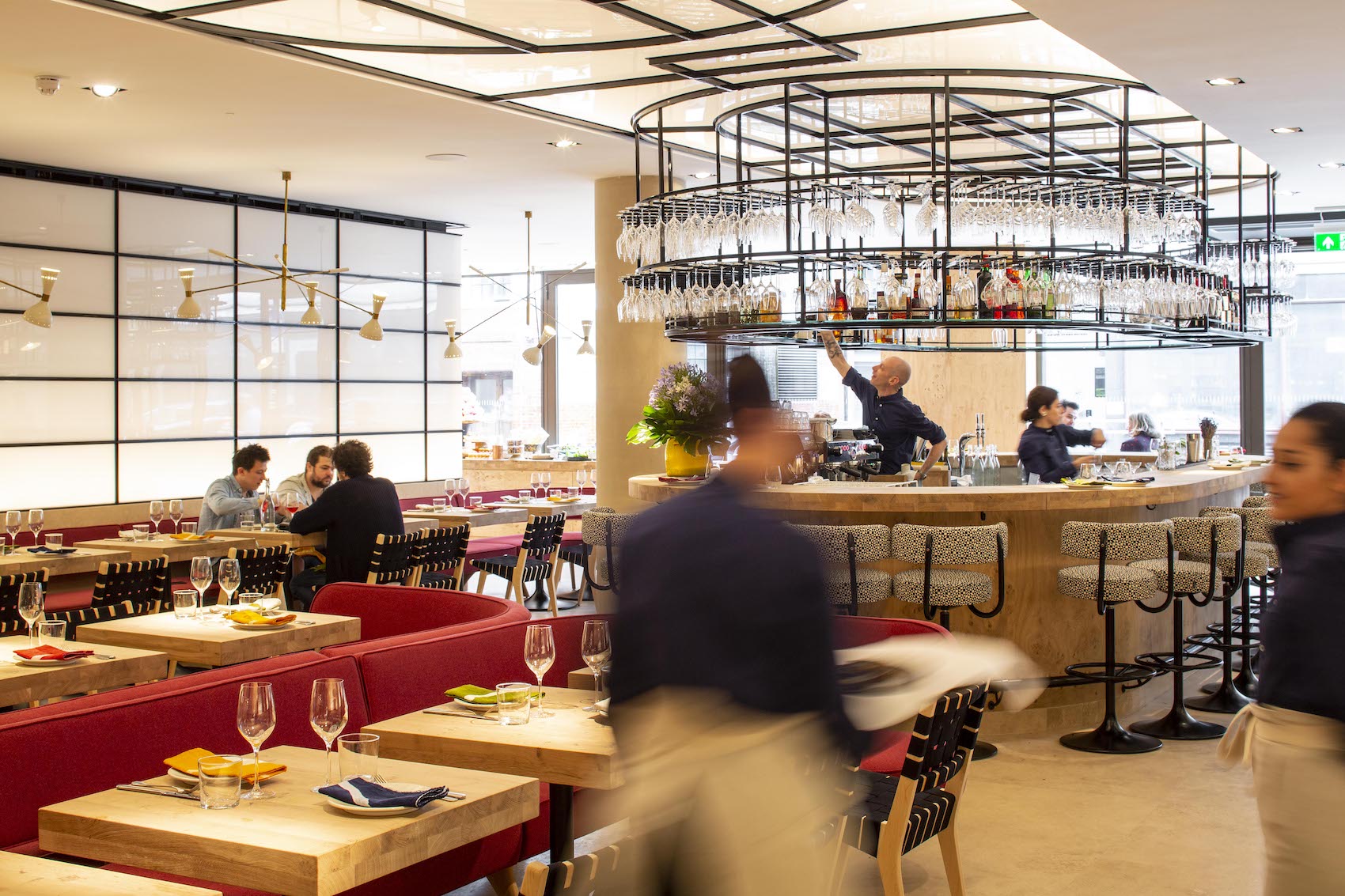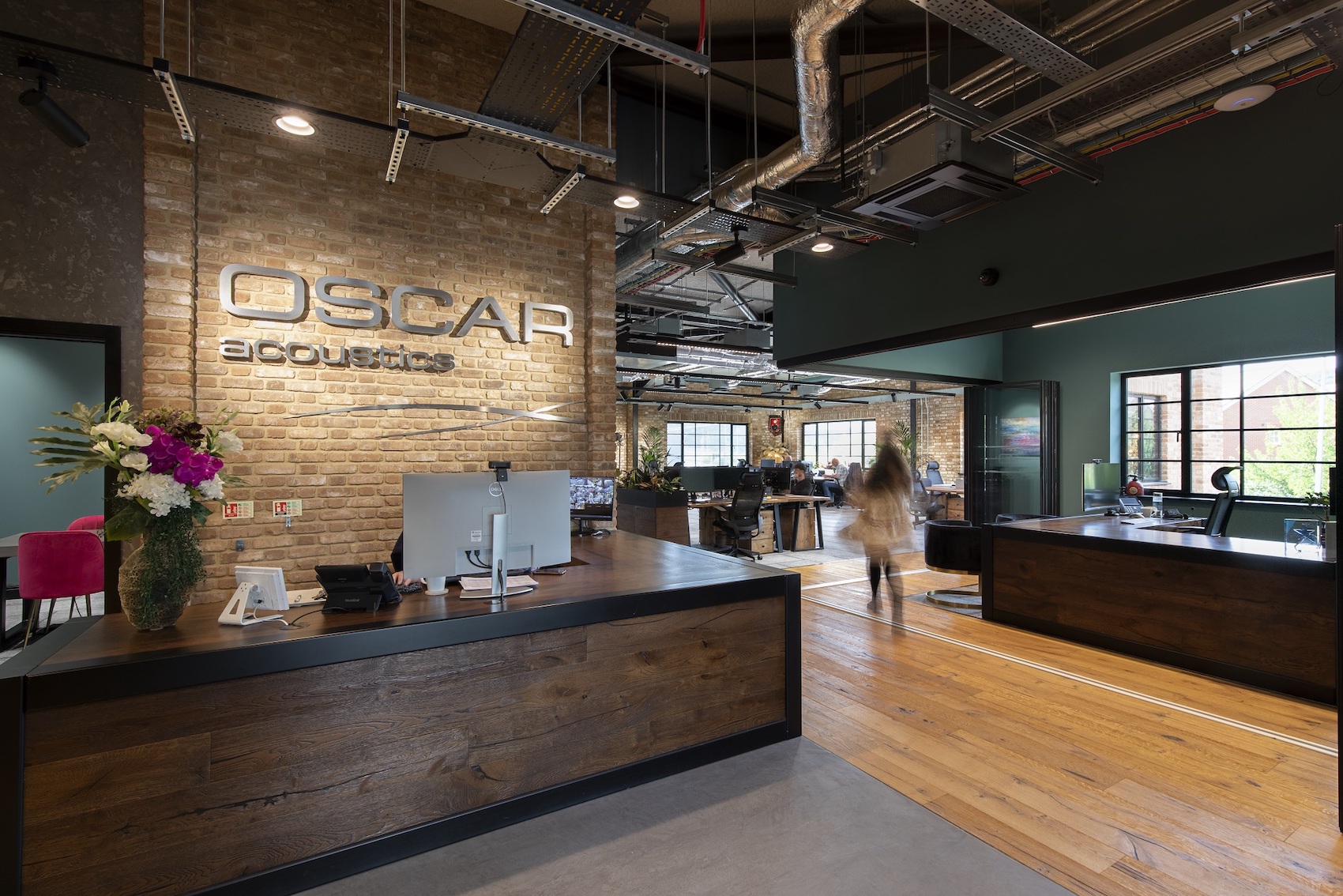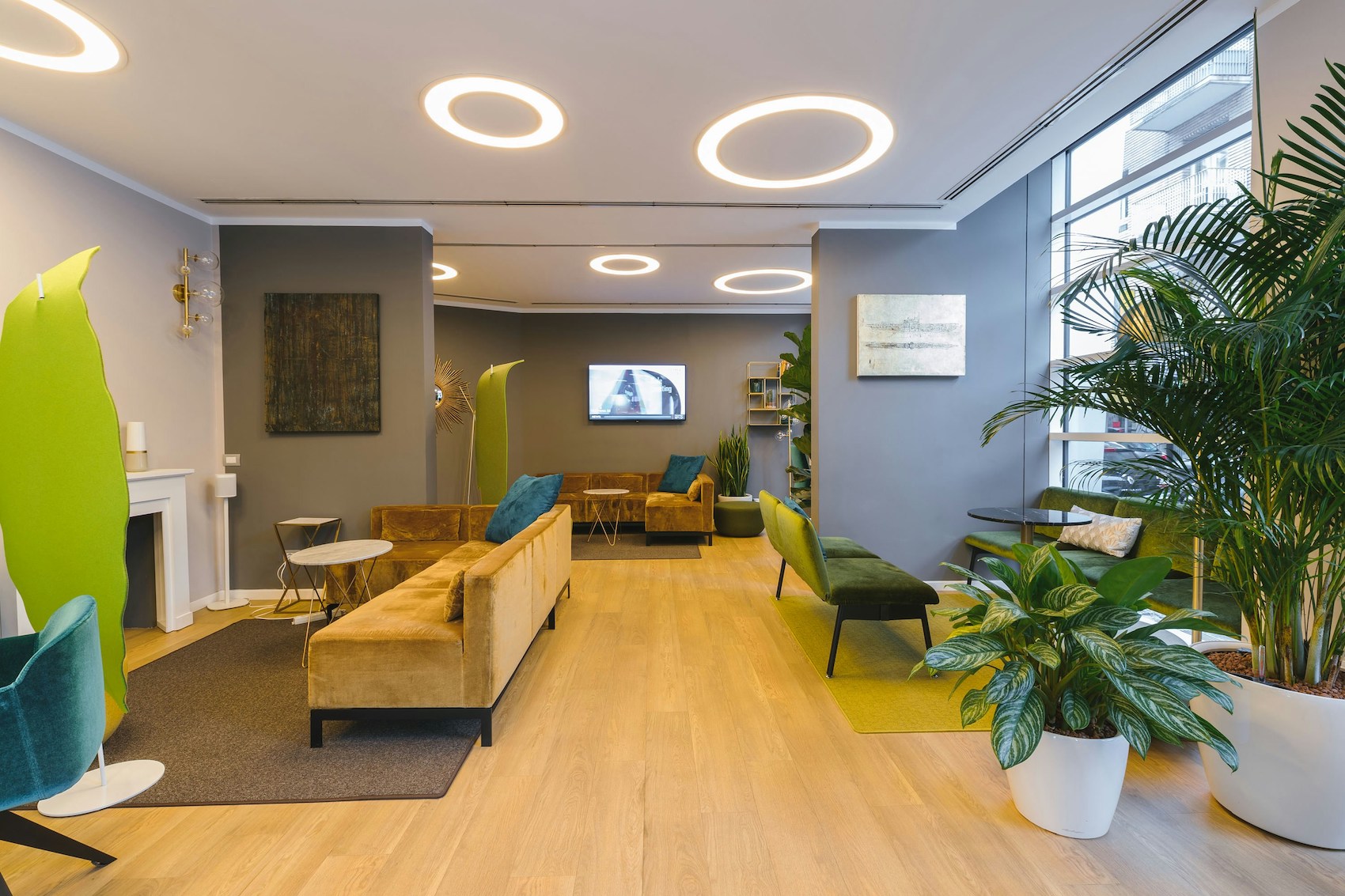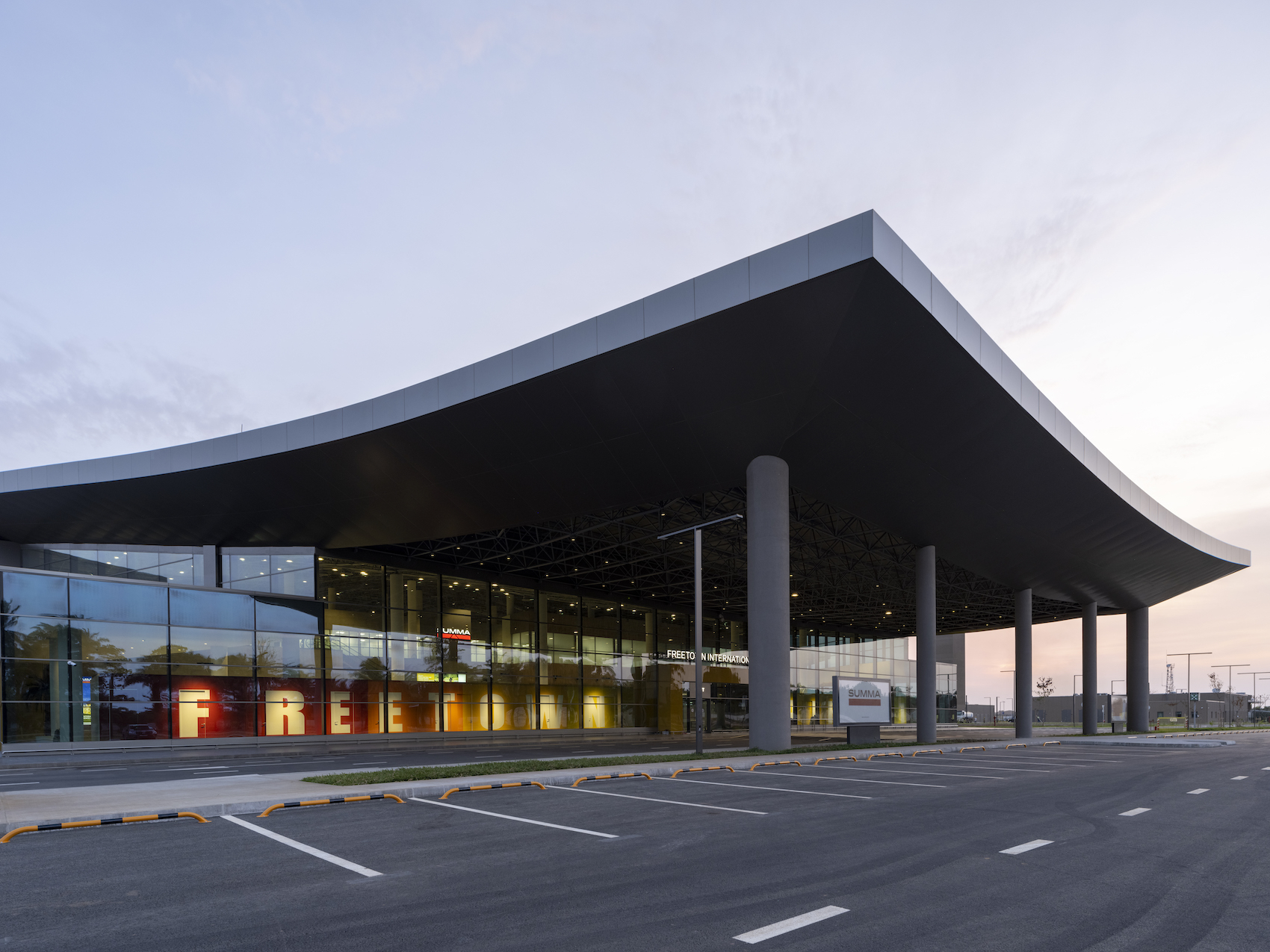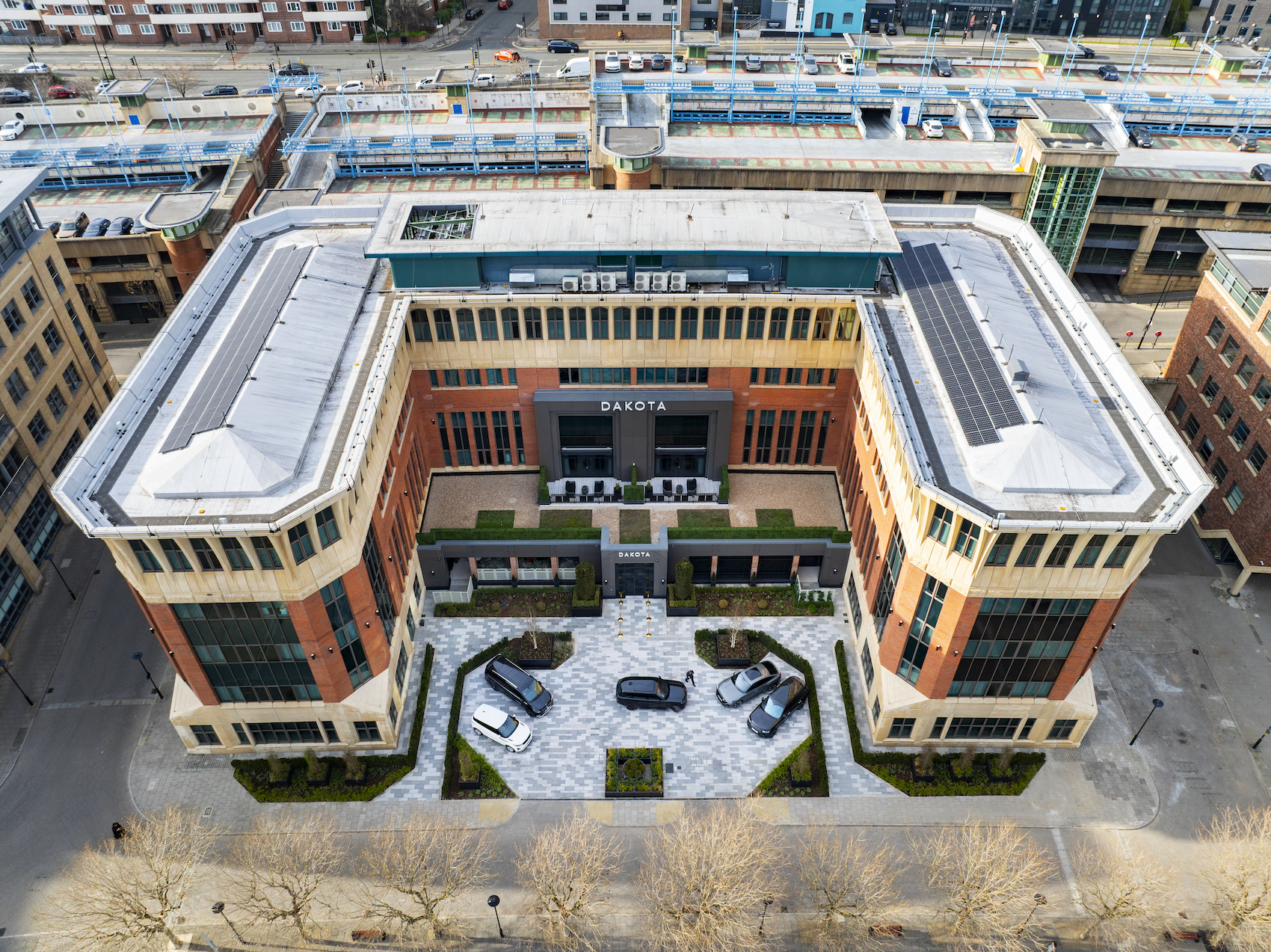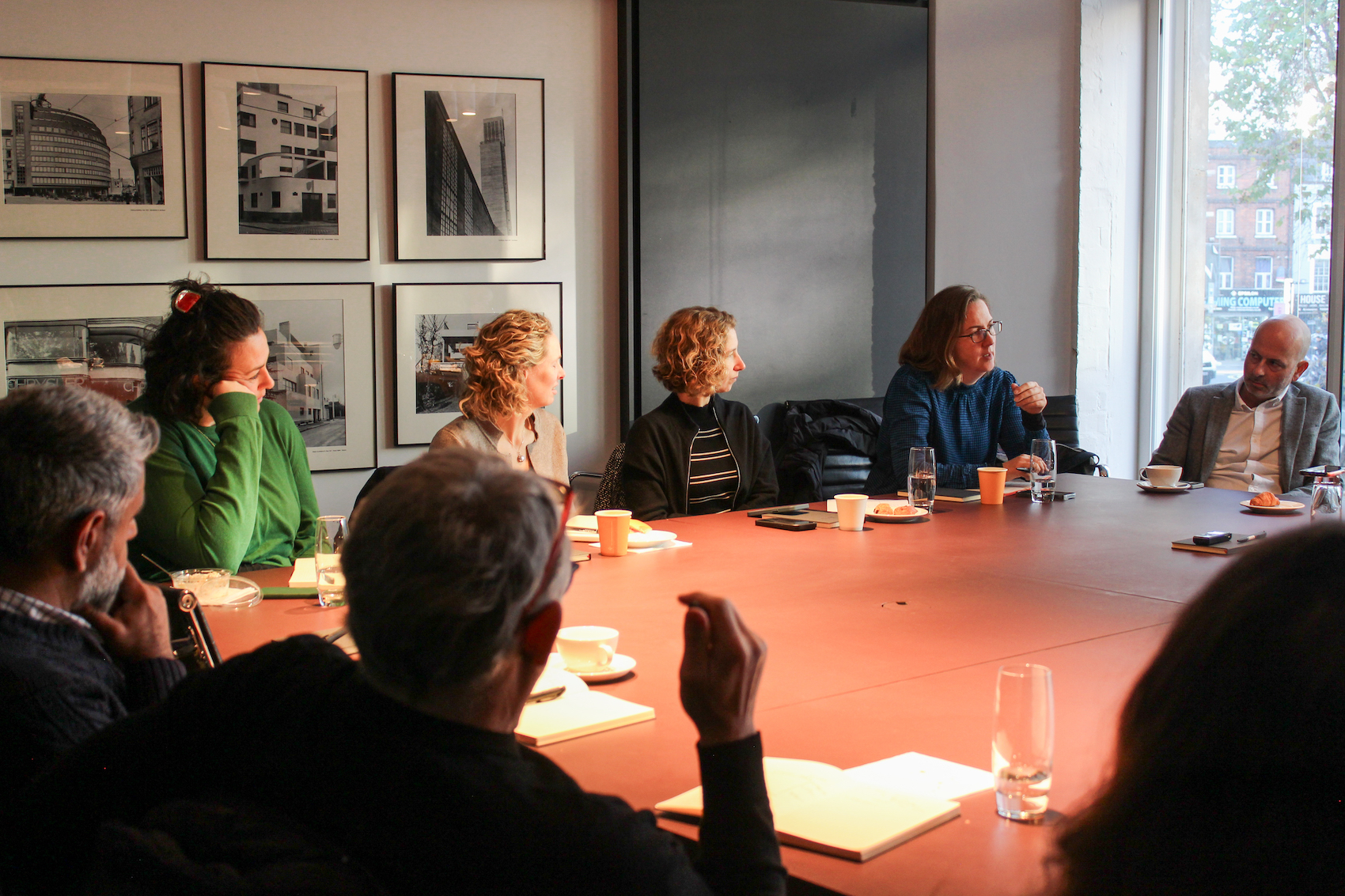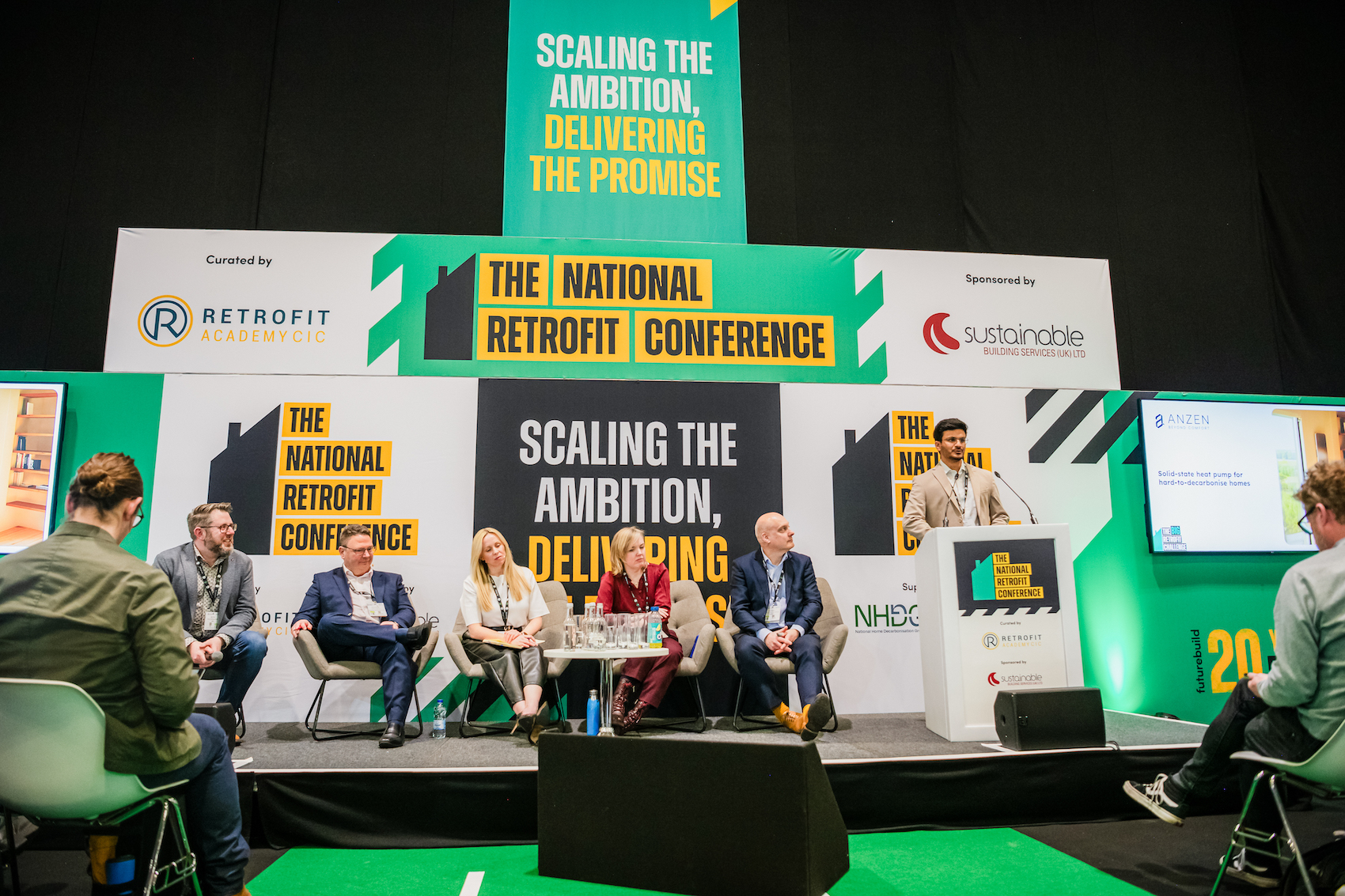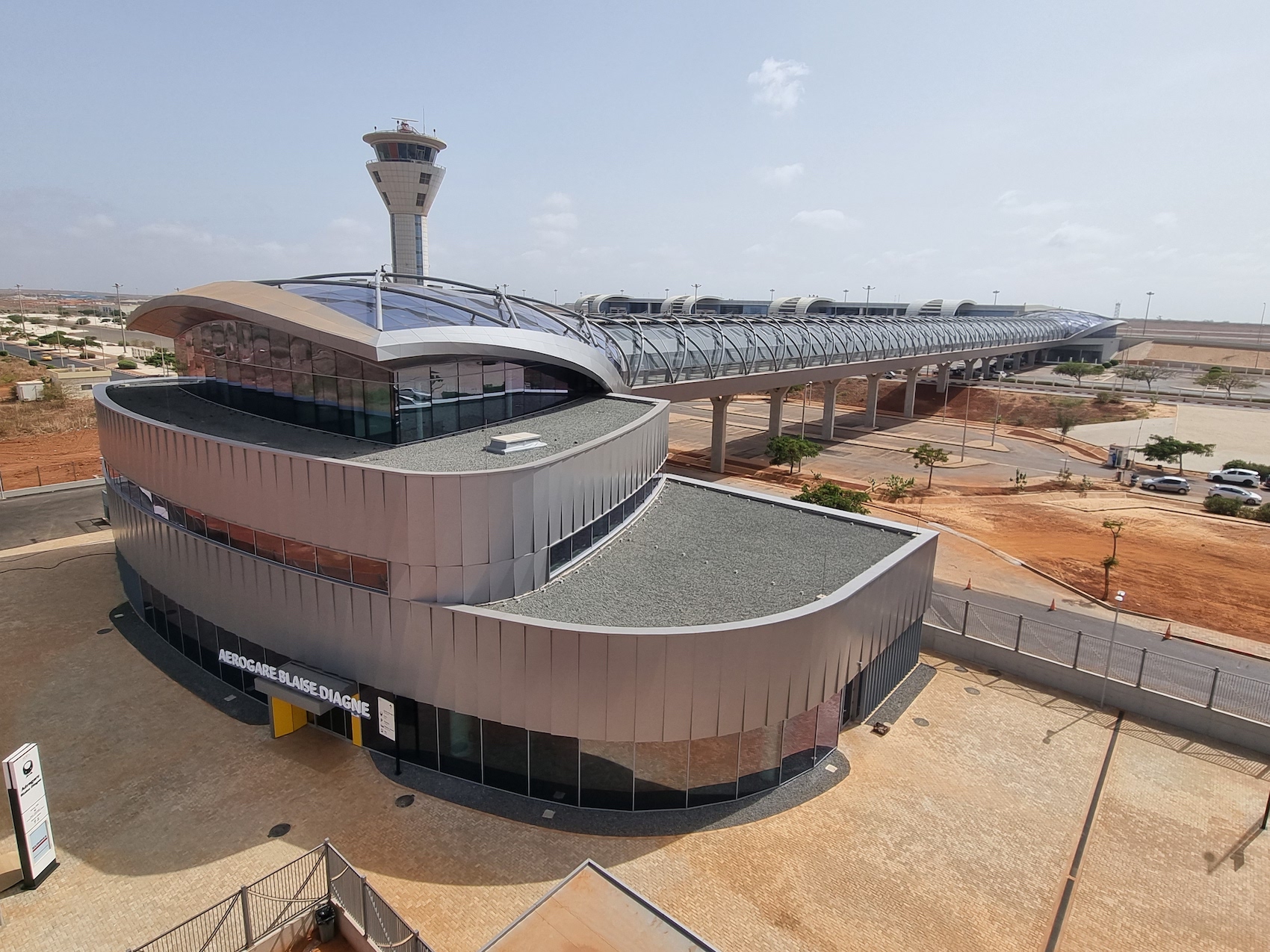Sophie Weston, Marketing Manager at Geberit, explores emerging trends from the company’s 2023 Hotel Guest Experience Report, produced in association with some of the leading industry experts in the UK.
In association with![]()
Hotels are not just a place to rest your head, they can also serve as a refuge for those seeking respite from the demands of modern day life. Travellers not only crave memorable experiences, but also expect their entire stay to support their wellbeing and promote relaxation.
In our 2023 Hotel Guest Experience Report, one of the contributors is Wren Loucks, CEO & Creative Director at Be-kin, an award-winning interior design studio. Wren examines ritual, sensory-rich experiences and social sustainability in hotel design, and how these things stimulate wellbeing.
Stimulating wellbeing
Hotels have a remarkable ability to inspire and leave a lasting impact on their guests, designers and fellow hoteliers. The design, layout and functionality of a hotel can have a profound effect on those who experience it, sparking new ideas and perspectives.
Wren says, “A hotel is an invitation to step away from the familiarity of the home and experience something new. I think of hotels as a sensorial design playground, where you get to play and explore how the design makes you feel across your senses. For instance, how do the tiles feel barefoot, or how does the colour palette, lighting and acoustics affect your sense of rest?”
Social sustainability in hotel design
In the report, Wren also examines inclusive design and how hotels can innovate the market through designs that support social sustainability.
She says, “In the UK, nearly one-in-five working adults has a disability – that’s 20 per cent of the population. The value of accessible domestic tourism in the UK is estimated to be worth £12 billion per year. Hotels that are designed inclusively can not only support social sustainability, diversity, and inclusion, but can unlock market share and revenue. Whilst inclusive design needs to be considered throughout the entire hotel and the journey into the hotel, bathrooms and spa facilities are particularly important spaces.”
Amenities like stylish grab rails and a level access shower can be incredibly supportive to those who use mobility aids or a wheelchair. Shower toilets, like Geberit’s AquaClean, promote wellbeing and offer guests an independence that is harder to achieve with a traditional WC.
The hospitality industry in the digital age
Geberit’s Hotel Guest Experience Report also includes contribution from Jane Pendlebury, CEO at The Hospitality Professionals Association (HOSPA), who explores technology in the sector and examines the potential for the industry to become fully automated
Jane says, “Technology is an ever-changing sphere of opportunity for the hospitality industry and remains a central piece of the jigsaw when it comes to guest satisfaction. From back-of-house solutions to guiding the front-of-house experience, there really is no ceiling for innovation. In light of this, the sector must keep up with this increasingly digital age and explore new ways to utilise technology.”
Jane examines whether hospitality is moving towards becoming a fully automated industry, with some hotels already using robots or self-service check-in processes in reception. However, with traditional hospitality built upon relationships, something as simple as being greeted by a member of staff at reception can still make a big difference.
Tackling the skills shortage
One of main challenges that the sector continues to face is staffing, which John Mullen, Senior Territory Sales Manager UK & Ireland at Revinate, discusses in the report. The Covid-19 pandemic meant that 121 million of the 330 million jobs in tourism around the world were lost in 2020, leading to nearly one-in-three jobs needing to be rehired when travel returned. John emphasises the challenge of filling essential jobs in hospitality and tourism to make sure high-quality service is sustained, and whether technology can play a part in maximising the guest experience.
John says, “Hiring challenges have far-reaching effects, most notably the negative impact this can have on the guest experience. We are paying more for our rooms at a time when we have less in our pockets. Hotels should adopt some of the cost-efficient technologies in the marketplace and reimagine the guest experience, which in turn, could have astounding impacts not only on the hotel’s operational efficiencies but on each and every customer.”
The significance of a good story
Finally, Alon Baranowitz of Baranowitz + Kronenberg Architecture talks through the relevance of storytelling in the age of information and the art of inspiring guests with powerful stories.
Alon says, “Every story is a world in itself, which requires digging into the essence of cultures, people and places. Any story should start with people, then spaces and, eventually, design. A great story is therefore powerful: it can inspire your guests and quench both their mind and soul. Going back to it or, in our case, revisiting it, reveals new insights that touch uncharted chords of our mind and emotions leaving us with a spatial experience that resonates for a very long time.”
Contact Details
Learn more about the trends in Geberit’s Hotel Guest Experience Report by downloading it here.








